The crisis of the Rohingya refugees fleeing Myanmar through perilous sea routes reminds us of our visit to Myanmar, as part of our Fusion Fund study leave last year, where we discussed the newly formed assistance centre in Penang, Malaysia, set up for such people, with our Southeast Asian colleagues. The city of Yangon, formerly Rangoon, in Myanmar is graced by the golden pagodas of the national religion, Buddhism, and is also where Christian churches of past colonial times and new ‘mega-churches’, and mosques stand within easy reach and visibility of one another. Seemingly, then, based on this rich and historical bricolage of spiritual phenomena, Myanmar is a jewel of multi-faith tolerance. Underneath this thin and brittle surface, however, boils a crucible of ethnic, religious and nationalist violence.

At Schwedegon in Yangon
Our ingrained Westernised hegemonic partiality, in which we are presented with images of Buddhism as symbolising peace, compassion and contemplation, in contrast with Islam as the font of world terror, is seriously challenged in the Myanmar context. We experienced religion here as a form of resistance in respect of the revivalist religiosity of Baptist Christian groups amongst the Chin tribes during our short visit, which was also a time of curfew and riot, although not one generated by these groups who found an outlet for their dissatisfaction in their ‘born again’ philosophies and the construction of a sense of belonging through ‘otherness’. At that time the curfew was ordered in parts of the country because of the increasing discord and physical violence between nationalist Buddhist groups, including (bizarrely to some maybe) Buddhist monks, and the minority Islamic peoples, the Rohingya, who, although officially robbed of citizenship status and therefore stateless, also claim autochthonous status in Myanmar.
Indigeneity, itself, is a much-contested concept, more so when we consider theories of human evolution or when we excavate the historical migratory patterns employed by human groups. Indigeneity offers a powerful discourse that has been applied by all sides of the political spectrum: the oppressed and disenfranchised, and also those who seek, by means of violent ethno-nationalism, to protect their state borders, or to impose a particular ideology which is put forward as legitimisation owing to the prerogatives of precedence.
The Buddhist majority exert the forces of ethno-nationalism as a means of purifying modern Myanmar from this Islamic group, a use of state religion to justify oppression and to forge a single state religion. What we witnessed last year in Myanmar and what is happening to the Rohingya currently represents an uglier face of our working analytical concept of ‘religion as resistance’, creating the overt challenge of supremacist politics.
We have seen some of the worst of humanity in dealing with the crisis of the Rohingya fleeing from Myanmar. With Thailand policing its physical borders more rigorously, the people have turned to people smugglers, traffickers and to the seas, in particular the dangerous waters of the Bay of Bengal and the Andaman Sea. We have witnessed Thailand, Malaysia and Indonesia’s attempt to remove the ‘problem’ from their national boundaries but also then adopting a more humanitarian response under international pressure, and we have witnessed the shock of individuals when the full horror of trafficking and death is revealed. Yet we have not seen the international community mobilise in support of the Rohingya people perhaps for some immediate reasons. Firstly, the Rohingya are Muslim, and a stereotype of contemporary terrorism as located in faith ideologies prevails. These prejudices may be strengthened further by Western applaud of the economic, rather than political, raising, of the formerly impenetrable bamboo curtain of Myanmar. Finally, Western eyes may view the state religion in Myanmar through lenses of prior assumption of Buddhism as fundamentally and prima facie incompatible with aggressive oppression of others.
The plight of the Rohingya echoes, to varying degrees, that of many other displaced or disenfranchised indigenous peoples: dislocation, diminishment of economic, political and religious rights, and the precariousness of marginal existence. To exploit terms that the sociologist, Max Weber, coined, the United Nations Declaration of the Rights of Indigenous Peoples (UNDRIP) offers the rational-legal authority to battle their cause. However, there is also a need to call upon traditional authority to reinforce beleaguered identities and it is here that we see the contemporary development of religious resistance. This has its positive aspects in creating a sense of belonging, of purpose, of transcendence but it may also have a downside in creating active resistance not to oppression but to the rejected Other – and together forms another important plank in our exploration and theorisation. Our continuing work with the experiences and voices of indigenous peoples throughout Southeast Asia, MENA and now Central America will further develop this deeply intriguing concept of religion as resistance.
Jonathan Parker & Sara Ashencaen Crabtree
 Did you grow up watching Robin Hood? Did you take a fancy to Errol Flynn, Sean Connery, Kevin Costner or Russell Crowe in their green tights? Have you ever picked up a bow and arrow, or have you ever wondered what are the critical factors in archery performance?
Did you grow up watching Robin Hood? Did you take a fancy to Errol Flynn, Sean Connery, Kevin Costner or Russell Crowe in their green tights? Have you ever picked up a bow and arrow, or have you ever wondered what are the critical factors in archery performance?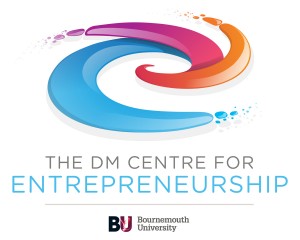
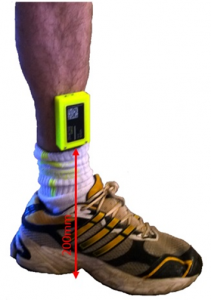
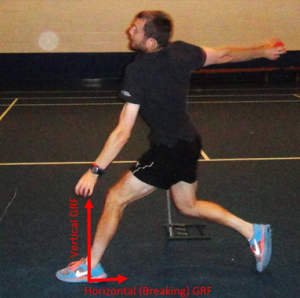





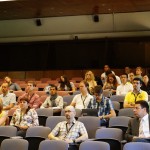
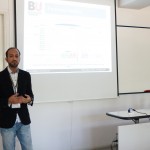
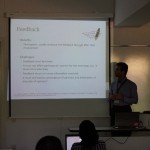

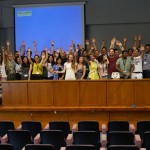
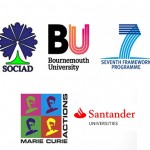
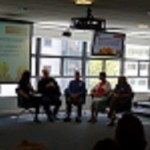
 The project which has received Fusion Funding from BU aims to:
The project which has received Fusion Funding from BU aims to: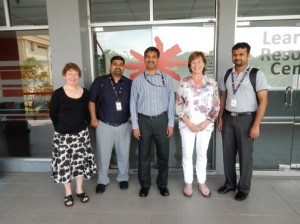
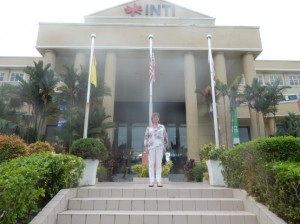

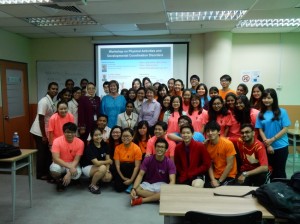

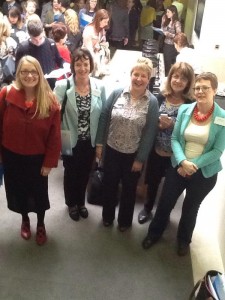


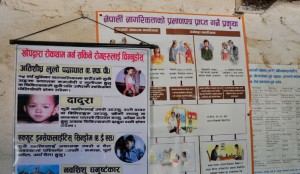











 SPROUT: From Sustainable Research to Sustainable Research Lives
SPROUT: From Sustainable Research to Sustainable Research Lives BRIAN upgrade and new look
BRIAN upgrade and new look Seeing the fruits of your labour in Bangladesh
Seeing the fruits of your labour in Bangladesh Exploring Embodied Research: Body Map Storytelling Workshop & Research Seminar
Exploring Embodied Research: Body Map Storytelling Workshop & Research Seminar Marking a Milestone: The Swash Channel Wreck Book Launch
Marking a Milestone: The Swash Channel Wreck Book Launch ECR Funding Open Call: Research Culture & Community Grant – Application Deadline Friday 12 December
ECR Funding Open Call: Research Culture & Community Grant – Application Deadline Friday 12 December MSCA Postdoctoral Fellowships 2025 Call
MSCA Postdoctoral Fellowships 2025 Call ERC Advanced Grant 2025 Webinar
ERC Advanced Grant 2025 Webinar Update on UKRO services
Update on UKRO services European research project exploring use of ‘virtual twins’ to better manage metabolic associated fatty liver disease
European research project exploring use of ‘virtual twins’ to better manage metabolic associated fatty liver disease